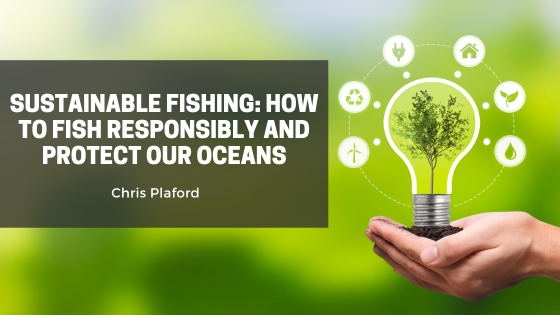Sustainable fishing is the practice of catching fish in an ecologically responsible way that ensures the long-term health of fish populations and the oceans. The oceans are home to an incredible diversity of life, and they play a vital role in the health of our planet. However, unsustainable fishing practices, such as overfishing and destructive fishing methods, risk this delicate ecosystem.
Overfishing is one of the biggest threats to our oceans. This occurs when fish populations are harvested faster than they can reproduce. This can lead to a decline in fish populations and, in some cases, the complete collapse of fish stocks. In addition to overfishing, destructive fishing practices, such as bottom trawling, can cause significant damage to the ocean floor and destroy delicate habitats.
To protect our oceans and ensure that fish populations remain healthy, it is essential that we fish responsibly. Below are helpful tips for sustainable fishing.
Respect Fishing Regulations
Fishing regulations are put in place to protect fish populations and ensure that they are harvested sustainably. It is important to respect these regulations and follow them carefully. This includes things like obeying catch limits, using the correct gear, and respecting closed areas.
Use Sustainable Fishing Gear
The type of fishing gear you use can significantly impact the health of fish populations and the ocean. For example, using a net that is too small can result in the capture of immature fish, which can impact the population’s reproductive capacity. It is important to use gear that is appropriate for the species being targeted and to avoid gear that can cause significant damage to the ocean floor.
Practice Catch and Release
Catch and release is a great way to enjoy fishing while also protecting fish populations. If you catch a fish that you don’t plan to eat, consider releasing it back into the water. This can help to ensure that fish populations remain healthy and can also be a fun way to enjoy the sport.
Choose Sustainable Seafood
When you do choose to eat seafood, it is important to choose sustainable options. Look for seafood certified by organizations like the Marine Stewardship Council or the Aquaculture Stewardship Council. These certifications indicate that the seafood has been harvested sustainably and can help ensure that you are making a responsible choice.
Support Sustainable Fishing Practices
Finally, it is important to support sustainable fishing practices. This can include purchasing seafood from sustainable sources, supporting organizations that protect our oceans, and advocating for policies that promote sustainable fishing.
Sustainable fishing is essential to protect our oceans and ensure the long-term health of fish populations. By following these tips, we can all do our part to fish responsibly and protect this precious ecosystem for future generations.
